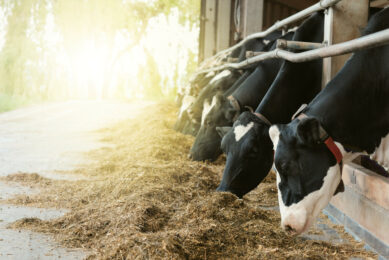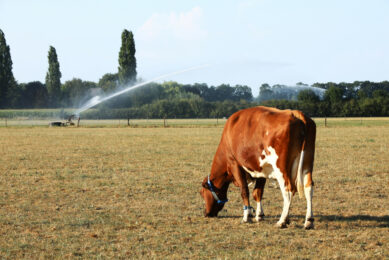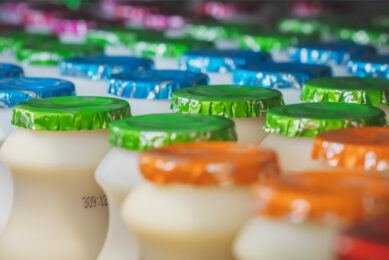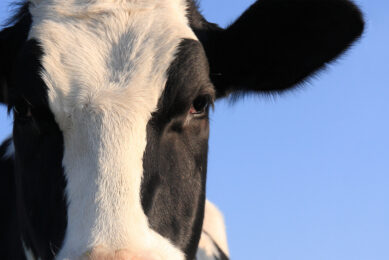Unlocking the genetic code for heat resistant dairy cows
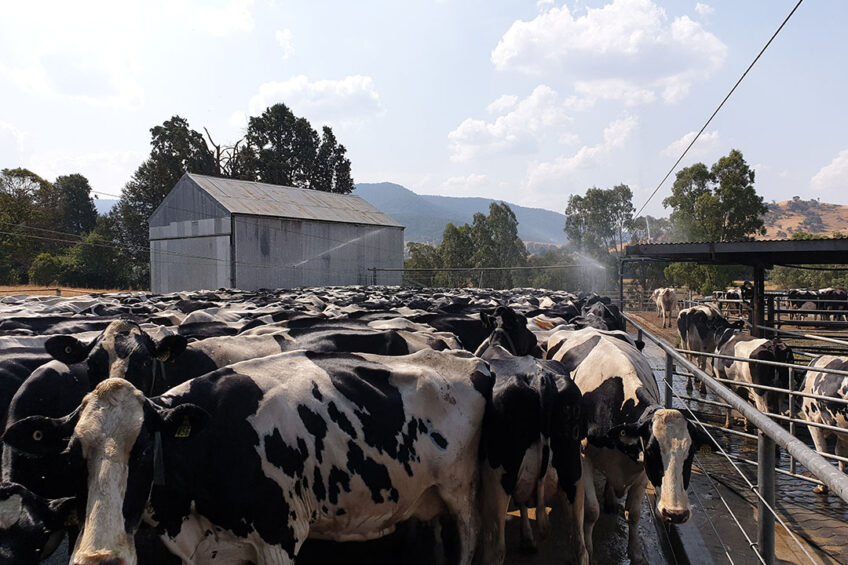
Australian researchers are helping dairy farmers deal with the impact that hot weather conditions can have on the milk production of dairy cows.
Researchers at Agriculture Victoria are supporting dairy farmers to respond to changing climates and extreme temperatures through their study on heat tolerance in dairy cows. They are now one step closer to unlocking the genetic code to breeding more heat resistant cows.
New genes identified
According to Agriculture Victoria Research Director, Professor Ben Cocks, researchers have identified 5 new genes strongly associated with heat tolerance in dairy cows. The research team has studied almost 500,000 milk records from approximately 30,000 Holstein cows. This is a 6-fold increase in sample size from prior comparable studies.
“This large increase in sample size has helped the team pinpoint the specific regions in the cow’s DNA that controls heat regulation, helping us better identify which cows are more heat tolerant than others,” Cocks says.
When temperatures and humidity rise, dairy cows reduce their feed intake, resulting in a decrease in milk production. In areas such as Northern Victoria, this means more than 100 days a year are considered too hot for dairy cows to produce optimal amounts of milk.
Dairy animals in Australia are becoming less adapted to warm environments.
Largest ever study on heat tolerance
“By breeding cattle that can adapt to rising temperatures, we are helping create a more resilient dairy industry under a changing climate,” says Cocks. “This gives farmers the support they need to minimise the impact of heat on their herds and maintain milk production.”
The research on heat tolerance is part of the so-called DairyBio programme, a AUS$55 million (US38.5 million) research partnership between Agriculture Victoria, Dairy Australia and the Gardiner Foundation. It is the largest ever study on heat tolerance in dairy cows.
The researchers point out that the increasing temperatures across Australia are affecting livestock. Agriculture Victoria Research PhD student, Evans Cheruiyot, says methods that can identify heat tolerant dairy cows are of increasing interest to scientists and farmers.
In earlier research, Evans combined temperature and humidity data collected from weather stations across Australia with about 6.7 million milk production records from Australian cows and found there is variation in how dairy cattle respond to heat.
The research team also confirmed that the historical emphasis on selecting animals for milk production has resulted in a decline in the genetic adaptation to heat stress. “Dairy animals in Australia are becoming less adapted to warm environments,” Cheruiyot emphasises. “This is a very important finding as this trend needs to be reversed, particularly as temperatures are going up under climate change.”
Genes associated with the nervous system
The new research aimed to understand the genetic markers that underlie the variation in how animals respond to heat. “We used 15 million SNPs, DNA variants from the whole genome, whereas previous research used less than 1 million. Using such a large amount of genomic data means we can confidently identify new markers,” Cheruiyot says.
Also read: Breeding for better heat stress response
The research team was able to not only identify 5 new genes strongly associated with heat tolerance, but were also able to pinpoint the specific regions in the DNA that controls this trait. Cheruiyot: “We discovered that genes associated with the nervous system are critical for heat tolerance. This is a new finding and a key discovery; the nervous system is important as it connects the inside of the animal to its outside environment.”
The research team at Agriculture Victoria are using the results from this study to begin a 5-year research project — testing and comparing the newly-found heat-tolerant genes with DNA from dairy cows across Australia to find new ways to identify the most heat-tolerant cows for farmers to breed.
Join 13,000+ subscribers
Subscribe to our newsletter to stay updated about all the need-to-know content in the dairy sector, two times a week.



